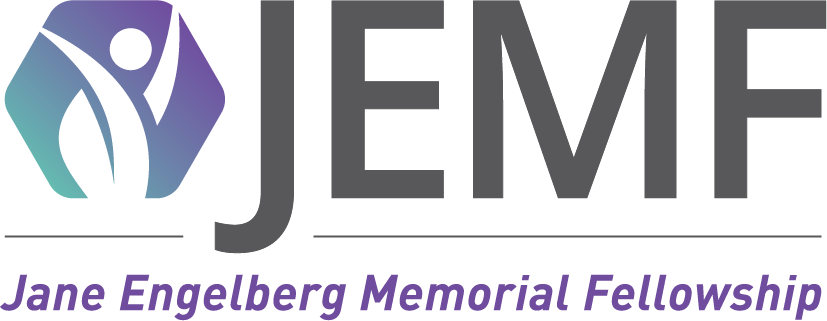

In the past 10 years, NMF service-learning programs have included the GE-NMF Global Health Fellows Program, 2005-2015 Monash/Scott Medical Student Scholarship Program, 2010- Aetna Foundation/NMF Healthcare Leadership Program, 2011-2015 GE-NMF Primary Care Leadership Program, 2011- California Community Service-Learning Program, 2013- United Health Foundation/NMF Diverse Medical Scholars Program, 2013- Aetna/NMF Primary Care Fellows Program, 2014 and Neighborhood Diabetes Education Program: Community Outreach in New York City, 2015. In 2015 NMF had scholarship and service-learning/leadership development programs for medical and health professions students in 27 cities, 16 states, and 2 African countries. Since its inception, NMF has continuously expanded its pipeline network of programs across the US, working closely with underserved communities to help them meet future diverse healthcare and workforce needs. NMF has a 71-year track record in implementing both strategies. Two strategies for increasing diversity in medicine and the health professions are: 1) identifying and supporting the next generation of healthcare leaders through programs and mentoring and 2) providing training and networking opportunities for minority students to successfully complete graduate education. Yet minorities remain significantly underrepresented: African Americans are 13% of the US population yet 6% of physicians Latinos, 17% and 6% Native Americans, 1% and 0.5%. It is acknowledged that a diverse, culturally-sensitive workforce is essential to quality healthcare for all and that minority physicians care for more than half of minority, and nearly three-fourths of non-English speaking, patients. The US population is increasingly diverse: 37% of the population is minority by 2060 that group is projected to be 57%. demonstrated leadership early in career commitment to serving medically underserved communities.NMF seeks to address the shortage of diverse physicians and health professionals in the US.

identification as a student underrepresented in medicine and/or socioeconomically disadvantaged student (NMF designates the following racial/ethnic groups as underrepresented in medicine: African American, Black, Hispanic/Latino, Native American, Asian American, and Pacific Islander).currently enrolled in an accredited medical school or graduate-level nursing or physician assistant program located in the U.S.citizenship or Deferred Action for Childhood Arrivals (DACA) approval letter PCLP scholar candidates must meet the following eligibility: Please see the NMF Primary Care Leadership Program website for details and the application. NMF is offering an early decision admittance with an application deadline of Dec. programming in Los Angeles will be site-partner specific and generalized to primary care in CHC settings.ĭeadline is Feb.programming in Chicago and Houston will focus on the HIV/AIDS epidemic and on culturally competent care for patients living with or at risk of contracting HIV and.programming in Boston and the Gateway Cities, Mass., will focus on substance-use disorders (SUD), behavioral health integration and combatting the opioid crisis.The program is open to medical students and graduate-level nursing and physician assistant students who are poised to become leaders in primary care.įor six weeks, PCLP scholars actively engage with a CHC site partner and PCLP mentors in leadership training, team-based project activities and healthcare service delivery.

The Primary Care Leadership Program provides future healthcare professionals an opportunity to experience the challenges and rewards of primary care practice in community health centers (CHCs) across the United States. To increase access to primary care for the underserved, the GE Foundation and National Medical Fellowships founded the Primary Care Leadership Program (PCLP) in 2012.


 0 kommentar(er)
0 kommentar(er)
